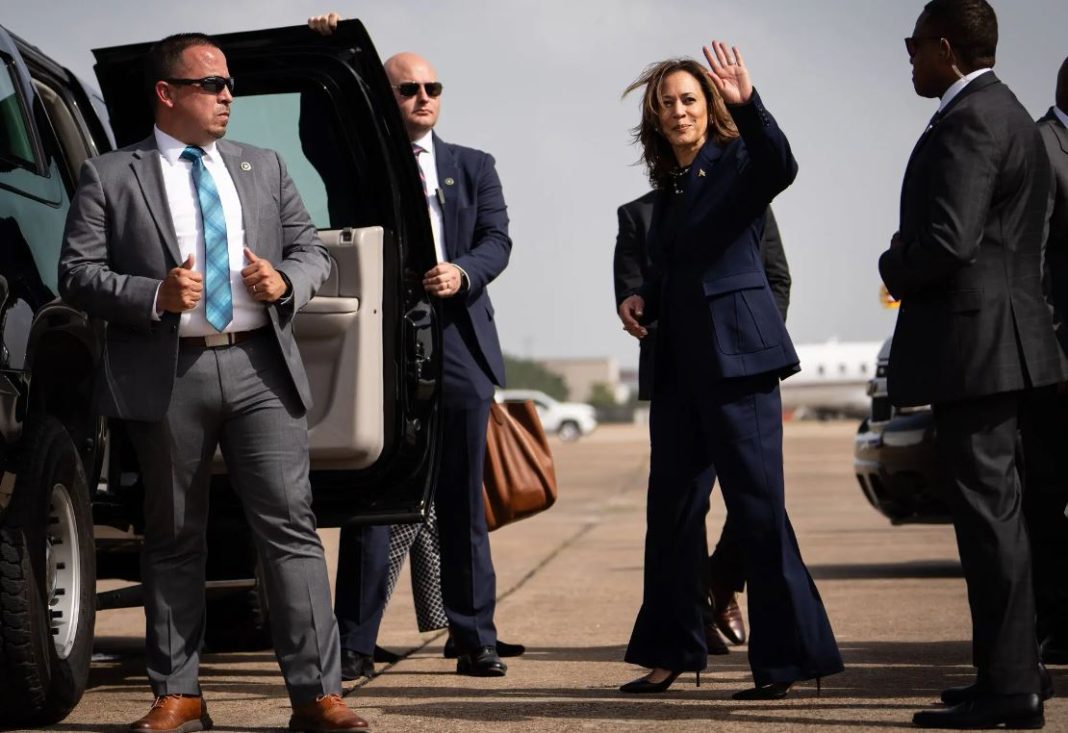During a recent event in Chicago, former President Donald J. Trump made controversial remarks questioning Vice President Kamala Harris’s racial identity, igniting a wave of disapproval from the audience of Black journalists.
Trump’s statement, implying that Harris’s identification as Black was a matter of convenience, echoed a long history of racial categorization imposed by white Americans. The response from the audience was swift, with many expressing shock and disapproval at the implications of his words.
Fred Sweets, a contributing editor at The St. Louis American, criticized Trump’s remarks as an attempt to undermine Harris’s background and identity. Harris, who has consistently embraced her dual heritage, has been involved with several Black institutions, including her alma mater, Howard University, and the Alpha Kappa Alpha sorority. She has publicly discussed her upbringing in a Black community in Berkeley, California, emphasizing her identity as a Black woman.
In response to Trump’s comments, Harris addressed the incident at an event hosted by a prominent Black sorority, condemning the divisiveness and disrespect. She stressed the importance of truth and unity, avoiding a direct confrontation but clearly countering Trump’s implications.
The former president’s remarks are part of a broader pattern of attacks on Harris’s racial background, particularly from right-wing figures and Trump allies. In 2019, Donald Trump Jr. shared a post questioning Harris’s right to discuss Black issues, a post he later deleted. Despite this, such narratives continue to circulate among conservative circles, aiming to cast doubt on her identity.
Trump’s comments on Harris’s identity can be seen as an attempt to exploit racial divisions for political gain, a tactic he has used before. This strategy recalls the “birther” conspiracy theories he promoted about former President Barack Obama, questioning Obama’s citizenship and racial heritage. By suggesting that Obama was not born in the United States, Trump fueled suspicions among his base, despite clear evidence to the contrary.
These tactics were effective among certain Republican voters, and Trump seems to be employing a similar approach with Harris. His recent statements and social media posts have echoed these themes, suggesting that Harris’s racial identity is a matter of political convenience.
The reaction from the audience and subsequent commentary from figures like Cliff Albright, co-founder of Black Voters Matter, highlighted the offensive nature of Trump’s remarks. Albright noted that such statements might resonate with Trump’s base, potentially being used in his campaign messaging.
Kamala Harris’s identity, rooted in both her Indian and Black heritage, has been a significant part of her public persona. Unlike Obama, whose background was sometimes viewed as less traditionally Black due to his mixed heritage and upbringing, Harris has been seen as strongly connected to Black culture and community.
As the 2024 election approaches, the scrutiny and attacks on Harris’s identity are likely to continue, reflecting broader tensions around race and identity in American politics. Trump’s comments, while shocking to many, fit into a well-worn pattern of using racial identity as a political weapon, underscoring the challenges that non-white politicians often face in the United States.

